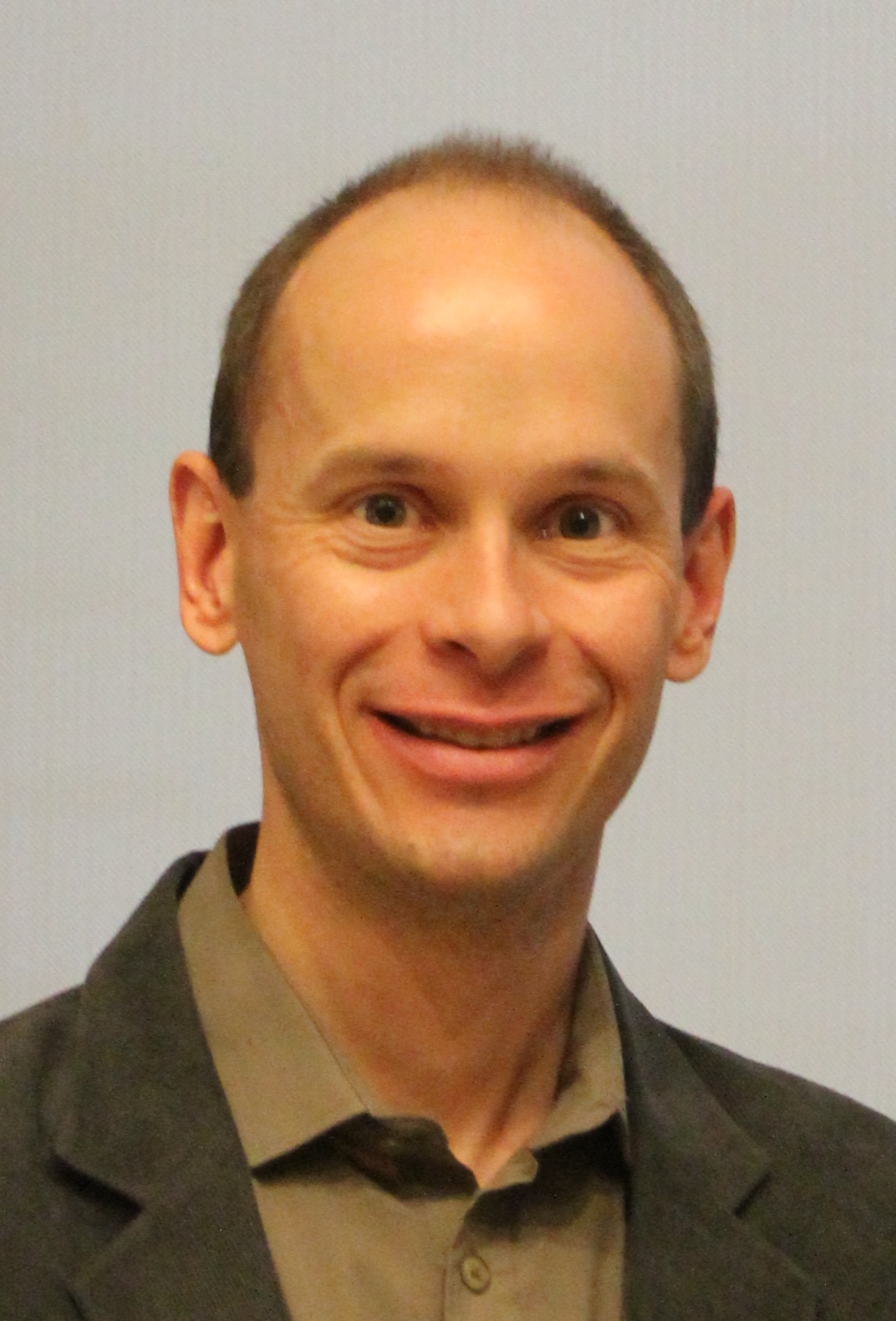With a background in Organisational Psychology, Piet Wostyn works as a hybrid project manager & researcher for the SOLVOMET Group at SIM² KU Leuven. His work comprises both EU Horizon 2020 MSCA-ETN project management and research with respect to the Social License to Operate of mining & recycling processes in the EU Horizon 2020 NEMO, CROCODILE and TARANTULA projects. Find out more about his work in this latest interview. (Leuven, 22/4/2020)
Why did you choose to work in Leuven/Belgium?
I first came to Leuven at the age of 18 to start my studies in organisational psychology. My internship in Ecuador inspired me to continue studying social and cultural anthropology. It was the start of several assignments abroad.
After having lived and worked in respectively Peru, Bolivia and Bénin, I came back to Leuven and started working at the International Office of the KU Leuven. I then settled in Leuven and neighbouring Wilsele became my home base. Four years later, I had the opportunity to join the UN Women agency in Quito (Ecuador) for two years.
Afterwards, I came back ‘home’ and was assigned to the KU Leuven SOLVOMET Group in the Department of Chemistry to support various EU Horizon 2020 projects.
What attracts you in the projects you are working on?
I do part of the project manament for two (almost completed) European Training Networks, i.e. NEW-MINE (on Enhanced Landfill Mining) and SOCRATES (on zero-waste valorisation of critical-metal-containing industrial process residues). Both ETNs aim at developing increased resource-recovery solutions and, as such, contribute to a more circular economy. It has been a pleasure to support the project consortia and especially to see, in total, 30 young researchers grow in their respective fields.
 Concurrently, I support the communication and dissemination activities of the NEMO, CROCODILE and TARANTULA projects as well. Within these mining & metallurgy related projects, I also study the stakeholder dialogue processes and organise various events in which a diverse intersectoral and transdisciplinary panel of experts discuss the public acceptance and the so-called ‘Social License to Operate’ (SLO) of mining and recycling activities.
Concurrently, I support the communication and dissemination activities of the NEMO, CROCODILE and TARANTULA projects as well. Within these mining & metallurgy related projects, I also study the stakeholder dialogue processes and organise various events in which a diverse intersectoral and transdisciplinary panel of experts discuss the public acceptance and the so-called ‘Social License to Operate’ (SLO) of mining and recycling activities.
It is very enriching and intriguing to bring together and facilitate the dialogue between the private sector, government, international organisations, civil society groups and especially local communities living in the vicinity of industrial activities (cf. the recent EU-wide Seminar in the Flemish Parliament: “The green transition challenged by the metal supply chain”, see my extended report here)
How do you recharge?
Biking and traveling. I love cycling, both on my roadbike or on my mountainbike. During the Covid-lockdown, I definitely miss the daily short ride to the office. Fortunately, we are still allowed to go outdoors to do some sports, so I try to go out for a longer tour at least once per week.
I enjoy being outdoors as it clears my head and makes me enjoy the natural beauties of this world. Pedalling in the few forests around Leuven, gazing at the Ecuadorian volcanos, or balancing between rice fields in Vietnam, all make me smile. Traveling the world, getting to know other cultures, exploring cities and nature, on foot or – preferably – on two wheels gives me a lot of energy.
Biography Piet Wostyn
 Piet Wostyn was born and raised in Tielt, West of Flanders (Belgium). He obtained his bachelor degree in psychology in 2003 and opted for organisational psychology in his master degree at the university of Leuven. He continued studying a second master on cultural anthropology and development studies. He worked for over ten years in international development cooperation in a variety of countries and settings. Currently, he is assigned to the Department of Chemistry (Koen Binnemans’ SOLVOMET Group) as a project manager where he supports various EU H2020 projects.
Piet Wostyn was born and raised in Tielt, West of Flanders (Belgium). He obtained his bachelor degree in psychology in 2003 and opted for organisational psychology in his master degree at the university of Leuven. He continued studying a second master on cultural anthropology and development studies. He worked for over ten years in international development cooperation in a variety of countries and settings. Currently, he is assigned to the Department of Chemistry (Koen Binnemans’ SOLVOMET Group) as a project manager where he supports various EU H2020 projects.





